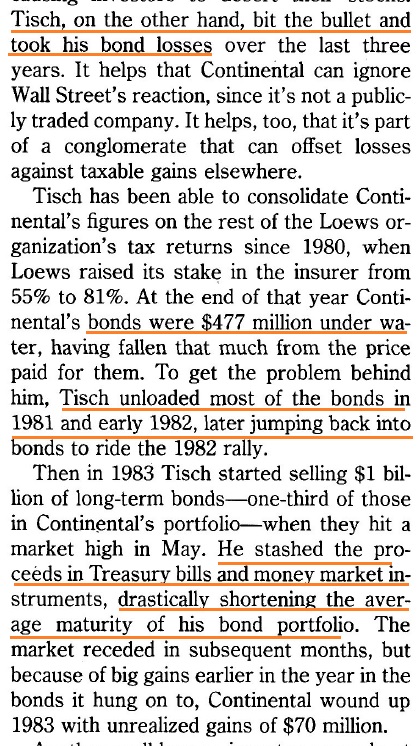
Breaking into investing by creatively using unique skills, hustle, persistence @ByrneHobart
"How I Got Hired at SAC Capital Without a College Degree"
"Every month or two, I’d talk to someone about applying my SEO skills to evaluating an investment"
byrnehobart.medium.com/how-i-got-hire…
"How I Got Hired at SAC Capital Without a College Degree"
"Every month or two, I’d talk to someone about applying my SEO skills to evaluating an investment"
byrnehobart.medium.com/how-i-got-hire…
"I developed a theory: in between 2011 and whenever hedge funds got around to hiring full-time Internet analysts again, they would need all the help they could get analyzing Internet stocks. And who better to help them than a former stock market junkie turned digital marketer?"
"Hiring someone with a weird background, who gets rejected at the first-pass HR filter, is a non-correlating bet. And portfolio theory tells us that even if your non-correlating bet doesn’t do great on its own, your whole portfolio will do better if you take those bets."
Lessons:
-Type, press ‘send’, repeat: I promoted my equity research and consulting with an email newsletter... it’s easier to sell when you’re reminding people of your existence at least once a week
-Type, press ‘send’, repeat: I promoted my equity research and consulting with an email newsletter... it’s easier to sell when you’re reminding people of your existence at least once a week
"Exploit luck relentlessly: When I did luck out, I pushed every lucky break as hard as I possibly could. A value investor might call this only taking the high risk/return opportunities. A trader might call it letting winners run"
h/t @tomowenmorgan who always makes the connection with the next relevant piece of content #FF
• • •
Missing some Tweet in this thread? You can try to
force a refresh















